-
The Six R’s for Good Oral History Practice
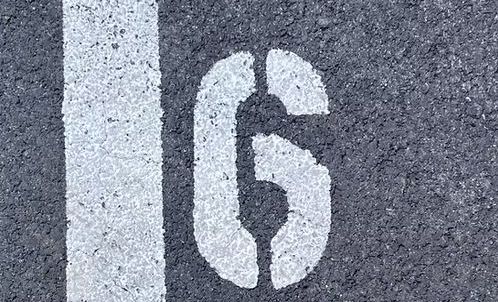
Oral history should always strive to create a situation where the interviewer is able give the interviewee the space to reflect widely, to recall fully and to also associate with the subject of the interviewer, all the while providing a suitable environment for the interviewee to do so. Martha Ross the “mother” of oral history…
-
Four Key Elements of an Oral History Interview
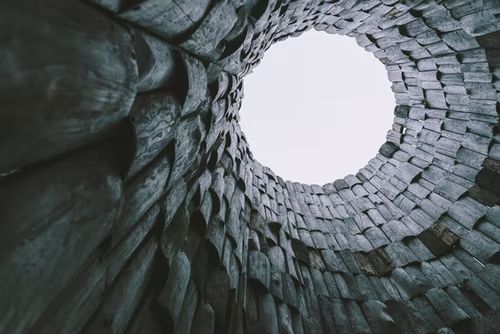
Oral history is an interactive, intersubjective and creative process that springs from an engagement with memory. In addition to the dialogue that takes place between the historian and the narrator, there is also the active shaping of that narrative in the process of the interview and thereafter that should also be considered. In this blog…
-
Best Practices for Recording Oral History Interviews

Let’s get right into it. First and foremost ensure there are no extraneous noises such as pets, people having conversations, traffic that may distract your recording process. Sometimes noise can be inevitable, check out my blog on Top Tips on How to Record your Oral History Interviews in a Noisy Environment. However the less noise…
-
Easy Steps to Open a Skype Account to Conduct Remote Oral History Interviews
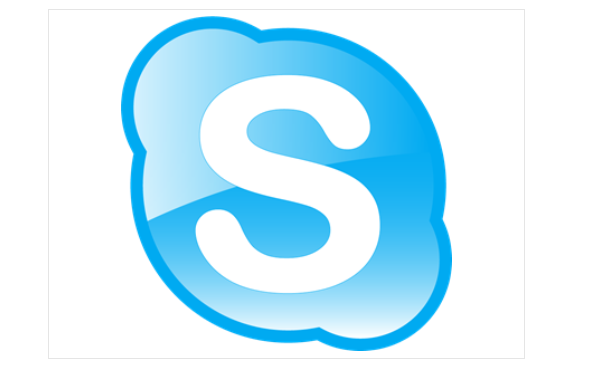
I’ll be showing you easy steps to create a Skype account for all your remote oral history interviews and meetings. Go to the Skype Website To create a new Skype account, go to your web browser then type in Skype.com. You will be directed to the official website for Skype. Click on the sign in…
-
Easy Steps to sign up for a Zoom Account for Your Oral History Interviews

Do you want to use Zoom to record your oral history interviews but don’t know where or how to get started? Here are easy steps to help you create a Zoom account. Visit the Website To access a Zoom account, go to your web browser and type in zoom.com it will take you to their…
-
JoFranLu Oral history Transcription Services Style Guide

This style guide is our way of ensuring quality and explains what you as an oral historian should expect when it comes to transcript quality. Here’s a summary of the style guide we use at JoFranLu. Transcription Types Verbatim: This type of transcript includes filler words, stutters and repetition. As well as non-verbal cues. It…
-
How to Put together an Oral History Consent Form
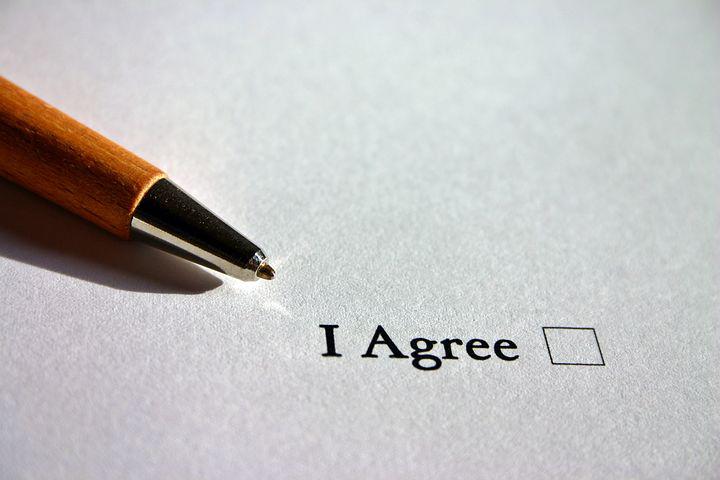
Before any oral history interview, an interviewer or in this case an oral historian has to get permission from the interviewee to recount their thoughts. This is because oral history operates within a context of informed consent which can be said to have been given if it is based upon a clear appreciation and understanding.…
-
How to Ensure Authenticity in Oral History through Citation

Oral history is a technique for generating and preserving original, historically interesting information, and to further its authenticity citing is necessary. Citing sources of information is important for oral historians. It helps to acknowledge the work of others, as well as to avoid academic dishonesty, or plagiarism. Now there are many formats that citing can…
-
Oral History VS Ethnography
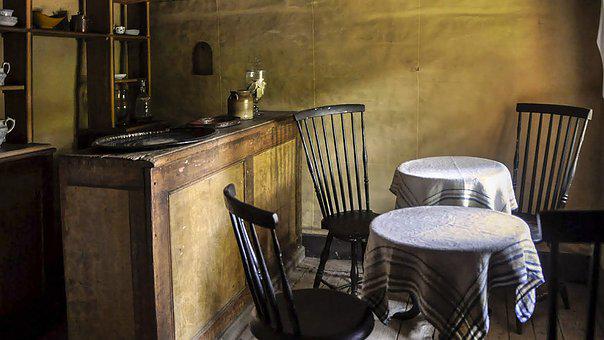
While some may find ethnography and oral history similar, they are indeed quite different. Oral history focuses on past histories told through recorded interviews between a narrator with personal experience of historically significant events and a well-informed interviewer, with the goal of adding to the historical record. Ethnography on the other hand, allows the informants…
-
Top 5 Tips on How to Conduct a Successful Oral History Interview
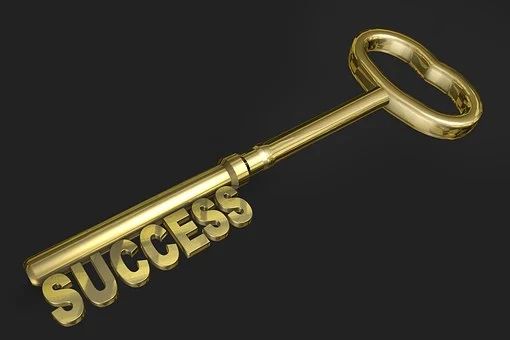
An interviewer’s main aim in an interview, I would assume, is to get the most out of the process of interviewing the interviewee. To do this, there are a couple of guidelines that have to be followed or rather an order towards the completion of the interview process. In this blog, we’re going to be…